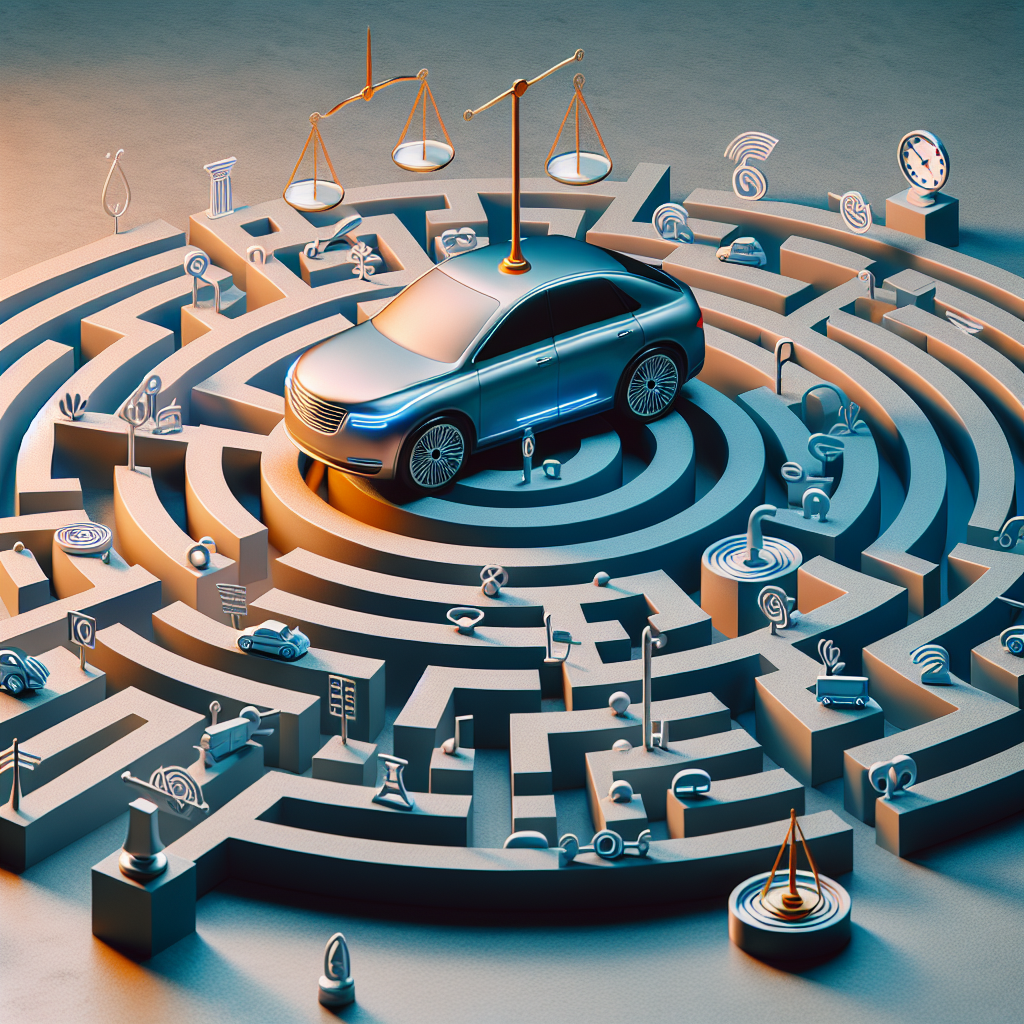Overcoming Obstacles: Addressing the Legal and Ethical Challenges of Autonomous Vehicles
In recent years, autonomous vehicles have become a hot topic in the automotive industry. These self-driving cars have the potential to revolutionize transportation by reducing accidents, increasing efficiency, and improving overall safety on the roads. However, as with any new technology, there are legal and ethical challenges that must be addressed in order to ensure the successful integration of autonomous vehicles into society.
One of the biggest legal challenges facing autonomous vehicles is determining liability in the event of an accident. Currently, most accidents are caused by human error, but with self-driving cars, the responsibility for accidents may shift from the driver to the manufacturer or software developer. This raises questions about who should be held accountable in the event of a crash and how liability should be determined.
Another legal challenge is ensuring that autonomous vehicles comply with existing traffic laws and regulations. Many laws were written with human drivers in mind, so there may need to be updates to accommodate self-driving cars. Additionally, there may be conflicts between federal and state laws regarding autonomous vehicles, which could create confusion and hinder the widespread adoption of this technology.
Ethical challenges also come into play when considering autonomous vehicles. For example, how should self-driving cars prioritize the safety of their occupants versus the safety of other road users? Should they prioritize saving the lives of pedestrians over passengers in the car? These are difficult ethical questions that must be addressed in order to ensure that autonomous vehicles act in a socially responsible manner.
To overcome these obstacles, policymakers, manufacturers, and other stakeholders must work together to develop comprehensive regulations and guidelines for autonomous vehicles. This includes establishing clear liability standards, updating traffic laws, and addressing ethical considerations. Collaboration between industry experts, government officials, and ethicists will be crucial in navigating these complex issues.
In conclusion, while autonomous vehicles have the potential to revolutionize transportation, there are legal and ethical challenges that must be addressed in order to ensure their safe and responsible integration into society. By working together to develop comprehensive regulations and guidelines, we can overcome these obstacles and reap the benefits of this innovative technology.


